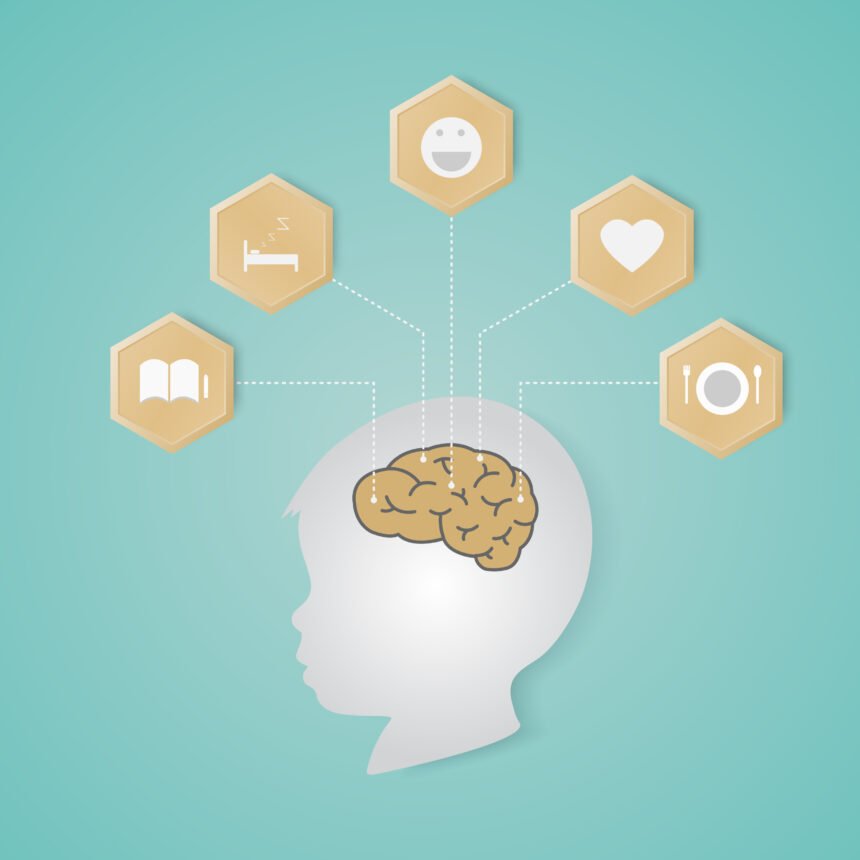The world has become an almost absurdly competitive place to raise a child in. People are earnestly taking college education into account when considering daycare, and we are told that babies have to outperform right from the get-go. This is not necessarily a very healthy state of affairs and stands to have some negative long term consequences.
E-learning for midwives programs now offers training to stimulate mental development while still in utero. The length parents are willing to go to give their child an edge borders on the pathological. It is essential, not only for your baby, but to avoid being scammed, that you as a parent know what works, and is supported by studies, and what is no more than a trending parenting method.
Whether you are an aspiring midwife searching for additional sources to encourage optimal infant brain development, or you are a parent after the best for your little bundle of joy, you should consider these top tips that are backed by science.
Prenatal Methods That Work
While a lot of this sort of practice is nothing more than a racket, there are some things you can do that are proven to make a significant difference. Eating healthy is undeniably very important, but should not be regimented like a military drill. Pregnancy cravings are very literally your body telling you what you need. As long as there are no risks involved, you should follow your gut. If you are experiencing unusual cravings such as inedible items, it is vital to consult your healthcare practitioner immediately as this could signal malnutrition or other concerning issues.
In addition to trusting your body to tell you what you need, you should also consider taking quality prenatal vitamins. Why do we use the qualifier of quality? Because the industry is flooded with low yield vitamins that do not offer any great deal of benefit. It is best to consult your GP on the matter.
As Simple As Play Time
Once baby is born, it’s time to amp up their developmental routine, or so we are told. The truth is that playtime is one of the most effective methods to stimulate development in a newborn. We do mean playtime in the most basic sense. There is no need for all the extremities suggested by companies looking to exploit your parental instinct for profit. Therefore, you don’t need all the fancy toys and constructs that cost an arm and a leg as simple playthings, or even no playthings, are suitable for the first weeks of infancy. You should focus on only purchasing newborn baby essentials for now.
Initially, the baby’s hands are the most critical area to focus on. Simple tasks like practising grip are essential. Infants will instinctively grip anything that touches the palm of their hands, so the vital thing to work on is letting go. As the baby further develops, playtime will become more complicated, but it should never be a source of stress for the parent or infant.
A Love Of Languages And Reading
You may have been aware of this, but if your child manages to learn a second language before the age of seven, they will have a massive linguistic head start. On the other hand, if your child reaches the same age and has not learned another language, they will never be as fluent in a second language as a child who did. While babies won’t be able to differential separate languages, they do start learning earlier than one might think.
Exposure to two languages at this age is all it takes. Yes, there is plenty of reason to believe that at first, a child who learned two or more languages will struggle more to master any specific one, but once the puzzle falls into place, it is empirically true that they will excel. Combining a love for languages with an instilled love for reading will give your little one a considerable head start.
Socializing Experiences
While some parents feel unknowingly stumped when it comes to socializing a child, the basics are truly basic. Your infant will not require any form of social activities as infants are not social beings. Furthermore, you won’t need to integrate your child into social environments until they reach toddler age of around two years old. At this age, children are more inclined to play near one another, rather than with one another. However, socializing at this age is essential for development as they will gradually begin to acknowledge other children.
Social experiences are fundamental to early childhood development. You may find that mommy and baby groups are an excellent solution for parents who do not have friends with children around the same age. Most midwives recommend these playgroups as they encourage bonding from both mothers to their child as well as the child to the social experiences.

